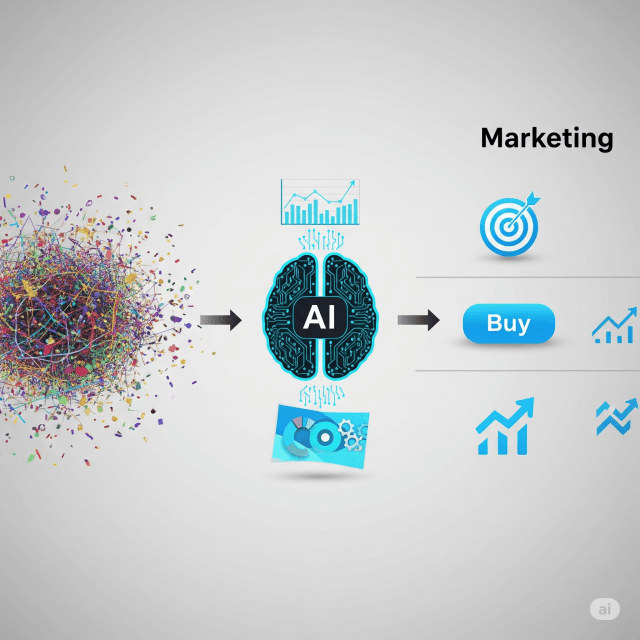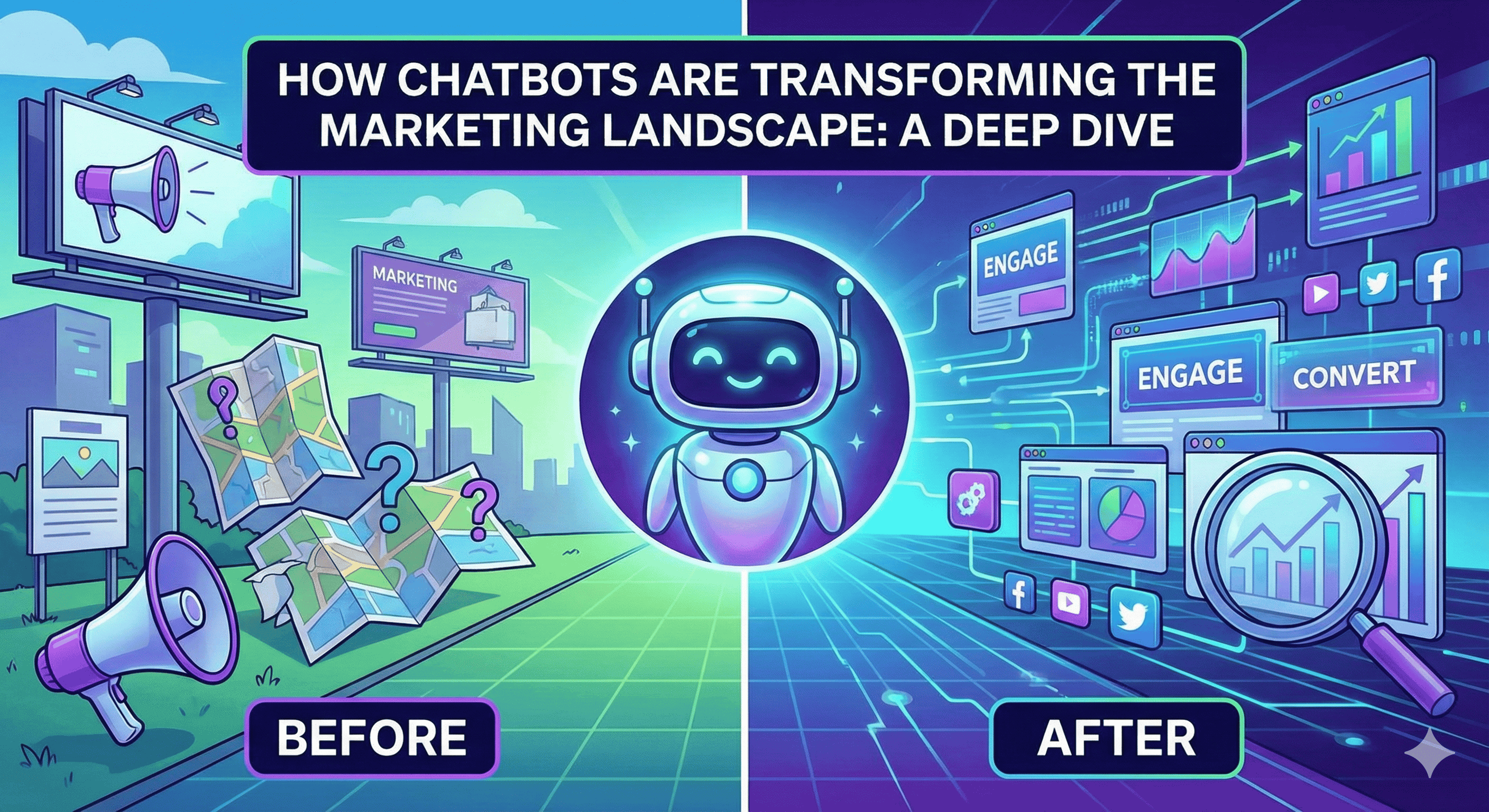In today’s fast-paced digital landscape, businesses are inundated with a vast array of data. This data, when harnessed effectively, can lead to groundbreaking insights and optimize business strategies. Increasingly, Artificial Intelligence (AI) is becoming a pivotal component in transforming raw data into actionable marketing intelligence. This article explores the role of AI in marketing analytics, highlighting its advantages, applications, and future implications.
Understanding Marketing Analytics
Marketing analytics involves the measurement, management, and analysis of marketing performance. Its ultimate goal is to maximize ROI by understanding customer behaviors, preferences, and the overall effectiveness of marketing strategies. Traditionally, this involved manual data collection and analysis, which could be time-consuming and prone to errors.
The Data Explosion
The avalanche of data generated from social media, websites, customer interactions, and other digital platforms provides marketers with unprecedented insights into consumer behavior. However, sifting through this colossal amount of information to extract meaningful insights poses significant challenges. This is where AI comes into play.
How AI Enhances Marketing Analytics
1. Data Processing and Analysis
AI algorithms can process massive datasets far quicker than a human can. Machine learning (ML) models can analyze patterns and trends within consumer behavior, uncovering insights that would be difficult to detect through manual analysis. For example, predictive analytics uses historical data to forecast future trends, enabling businesses to make informed decisions about their marketing strategies.
2. Personalization
Today’s consumers expect personalized experiences. AI enables marketers to segment audiences based on detailed behavioral data, allowing for targeted marketing strategies. By analyzing past behaviors and preferences, AI can recommend tailored content, products, or services, leading to higher engagement rates and customer satisfaction.
3. Sentiment Analysis
Understanding customer sentiment is crucial for brand management. AI-powered sentiment analysis tools can evaluate customer feedback, social media conversations, and reviews in real-time, providing insights into public perception of a brand. This allows companies to quickly address any issues and adjust their marketing strategies accordingly.
4. Automation
AI can automate many routine marketing tasks, from email campaigns to social media posting. Automation tools powered by AI analyze optimal times for engagement, audience preferences, and past campaign performances, allowing marketers to focus on strategy rather than execution.
5. Enhanced Decision-Making
AI doesn’t just provide insights; it aids decision-making. By presenting data-driven recommendations, AI helps marketers understand the potential outcomes of different strategies, enabling them to make more informed choices that align with business goals.
Applications of AI in Marketing Analytics
Customer Insights
AI tools analyze customer data to reveal actionable insights about demographics, buying patterns, and preferences. These insights guide product development, pricing strategies, and promotional campaigns.
Predictive Analytics
Businesses can anticipate future customer behaviors and market trends through machine learning algorithms. This predictive capability allows companies to optimize inventory, tailor marketing strategies, and enhance customer experiences.
A/B Testing
AI simplifies the A/B testing process by automatically analyzing which variations of marketing materials perform best. This data-driven approach leads to more effective campaigns tailored to audience preferences.
Chatbots and Customer Interaction
AI-powered chatbots can engage with customers in real time, collecting data on interactions and preferences. This not only enhances customer service but also provides valuable insights into consumer behavior and needs.
Challenges and Considerations
While AI holds transformative potential in marketing analytics, challenges remain. Issues such as data privacy, algorithmic biases, and the need for high-quality data can complicate AI implementation. Marketers must also balance automation with the human touch, ensuring that customer interactions remain authentic and personalized.
Future Implications
The future of marketing analytics with AI is bright. As AI technologies continue to evolve, they will provide deeper insights and more sophisticated tools for marketers. The integration of advanced analytics with AI will foster even greater personalization and enable businesses to adapt rapidly to changing market conditions.
In conclusion, the convergence of data and AI is redefining marketing analytics, empowering companies to make smarter, data-driven decisions. By leveraging AI to analyze data more effectively, marketers can enhance customer experiences, optimize strategies, and ultimately drive business growth. As the technology continues to advance, those who embrace AI will be better positioned to thrive in an increasingly competitive landscape.









